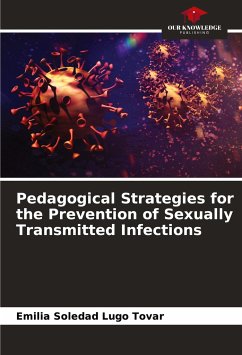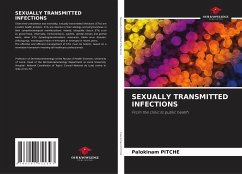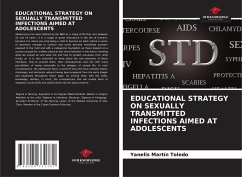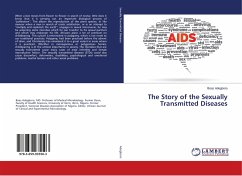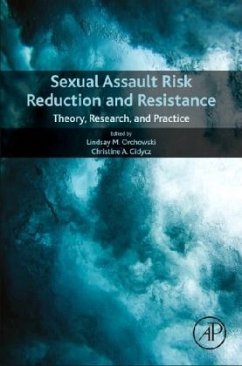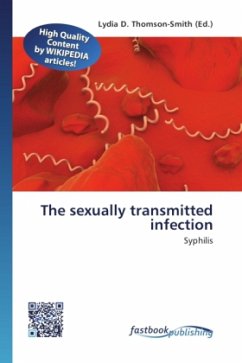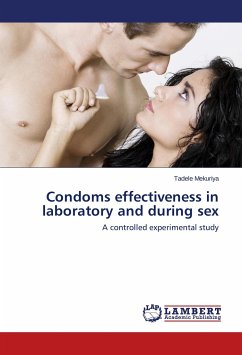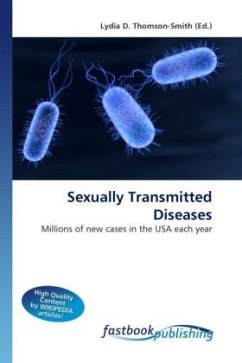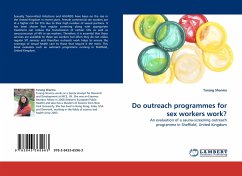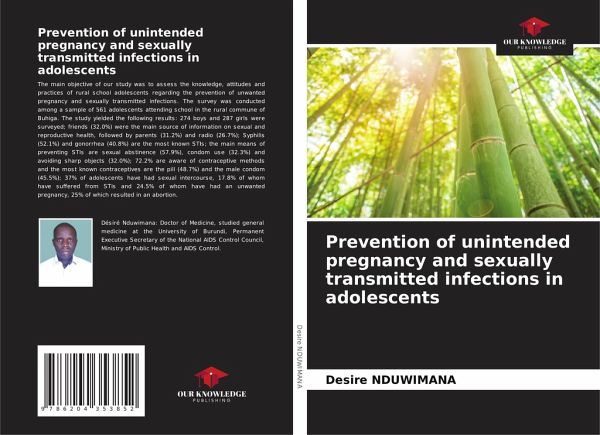
Prevention of unintended pregnancy and sexually transmitted infections in adolescents
Versandkostenfrei!
Versandfertig in 6-10 Tagen
47,99 €
inkl. MwSt.

PAYBACK Punkte
24 °P sammeln!
The main objective of our study was to assess the knowledge, attitudes and practices of rural school adolescents regarding the prevention of unwanted pregnancy and sexually transmitted infections. The survey was conducted among a sample of 561 adolescents attending school in the rural commune of Buhiga. The study yielded the following results: 274 boys and 287 girls were surveyed; friends (32.0%) were the main source of information on sexual and reproductive health, followed by parents (31.2%) and radio (26.7%); Syphilis (52.1%) and gonorrhea (40.8%) are the most known STIs; the main means of ...
The main objective of our study was to assess the knowledge, attitudes and practices of rural school adolescents regarding the prevention of unwanted pregnancy and sexually transmitted infections. The survey was conducted among a sample of 561 adolescents attending school in the rural commune of Buhiga. The study yielded the following results: 274 boys and 287 girls were surveyed; friends (32.0%) were the main source of information on sexual and reproductive health, followed by parents (31.2%) and radio (26.7%); Syphilis (52.1%) and gonorrhea (40.8%) are the most known STIs; the main means of preventing STIs are sexual abstinence (57.9%), condom use (32.3%) and avoiding sharp objects (32.0%); 72.2% are aware of contraceptive methods and the most known contraceptives are the pill (48.7%) and the male condom (45.5%); 37% of adolescents have had sexual intercourse, 17.8% of whom have suffered from STIs and 24.5% of whom have had an unwanted pregnancy, 25% of which resulted in an abortion.



